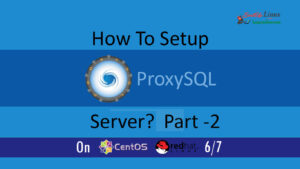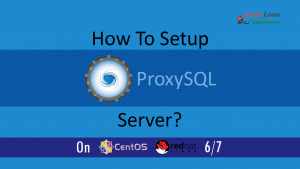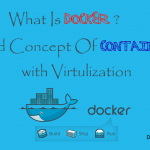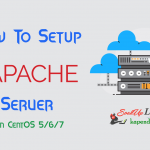Contact Us
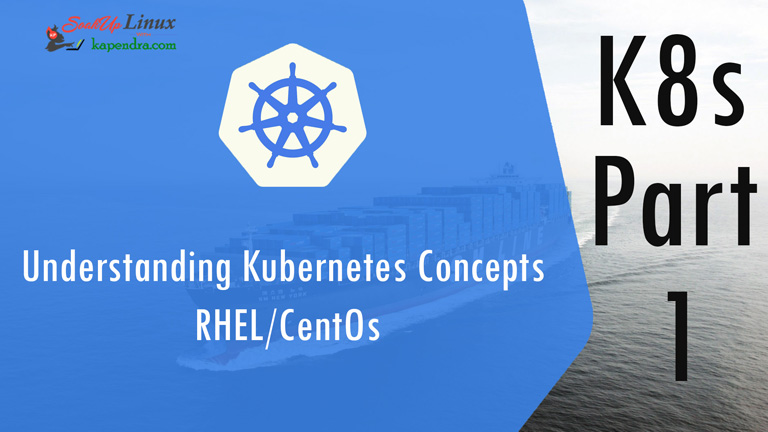
Understanding Kubernetes Concepts RHEL/CentOs K8s Part-1
What is Kubernetes?
When it comes about Kubernetes it is one of the most emerging technologies in the world. As we know, it was made open source and free to use by Google in the year 2014. Now, this is a matter of fact that Google took almost 15 years of expertise to build such tool to scale the workload of the production environment.
So what actually Kubernetes is? and what it actually can do for you?
Kubernetes is Google container orchestration tool, this container orchestration tool is used for deployment, management, scaling, networking, and availability applications in a containerized environment. It also helps in automating described tasks.
Features of Kubernetes
Kubernetes in nowadays scenario can mostly be seen working with Docker only, but it can also work with any container system that conforms to the Open Container Initiative (OCI) standards for container image formats and runtimes. A Kubernetes cluster have several features like
- A Container platform
- A Micro-services platform
- A portable cloud platform
As it features says, it provides a managed environment for containerized application. It orchestrates computing, networking, and storage infrastructure on behalf of workloads. This provides much of the simplicity of Platform as a Service (PaaS) with the flexibility of Infrastructure as a Service (IaaS) and enables portability across infrastructure providers
Kubernetes Vs Docker?
If you are looking for above question?
Trust me you are asking a wrong question. And the right question is “Kubernetes Vs Docker Swarm?” because Kubernetes is not a substitute for Docker but it actually manages Docker containers.
Not only Kubernetes can handle much workload then Docker Swarm but it is more efficient and easy to handle Docker container. It provides high-level abstractions for managing Docker containers, that allow Kubernetes users to focus on how they want applications to run, rather than worrying about specific implementation details
Why We Require Containers So Badly?
- Platform Independent and Environment Consistency: You can run your application flawlessly on any OS like Ubuntu, RHEL, CoreOS, on-prem, Google Kubernetes Engine etc.
- Fast Actions: We can develop and deploy application fast and also methodology like agile can be implemented with Increased ease and efficiency. Containers can be added, remove, and redistribute in seconds. Also container image build and deployment with quick and easy rollbacks (due to image immutability).
- Simple Isolation/utilization: It provides us predictable application performance with High efficiency and density.
- Simple, high availability And Scaling: If somehow the host goes down then we can route the traffic immediately by spinning up containers somewhere else. Also, when there are several hits increasing from hundreds to millions, its scaling feature will help you to spin up more containers instantly, without affecting your site.
- Facilitates Loosely coupled, distributed, elastic, liberated micro-services: As applications are broken into smaller, independent pieces and can be deployed and managed dynamically.
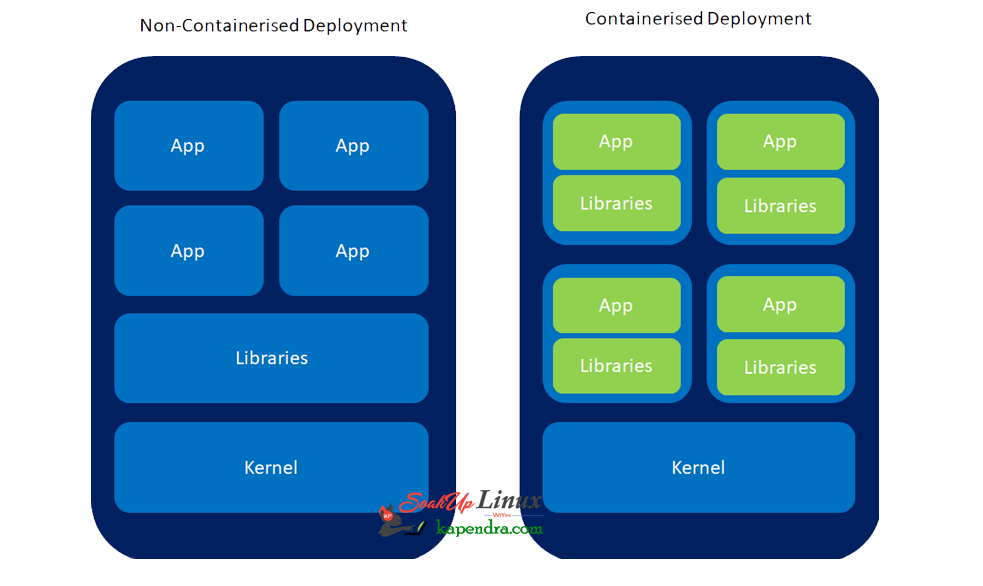
Thanks for reading but this is not over read more in part 2 in continuation of this article
Kubernetes Series Links:
Understanding Kubernetes Concepts RHEL/CentOs K8s Part-1
Understanding Kubernetes Concepts RHEL/CentOs k8s: Part-2
How to Install Kubernetes on CentOS/RHEL k8s?: Part-3
How to Install Kubernetes on CentOS/RHEL k8s?: Part-4
How To Bring Up The Kubernetes Dashboard? K8s-Part: 5
How to Run Kubernetes Cluster locally (minikube)? K8s – Part: 6
How To Handle Minikube(Cheatsheet)-3? K8s – Part: 7
How To Handle Minikube(Cheatsheet)-3? K8s – Part: 8
How To Handle Minikube(Cheatsheet)-3? K8s – Part: 9


